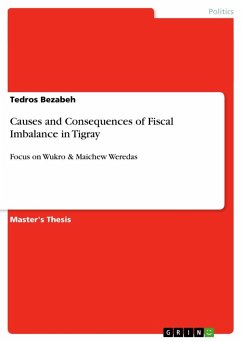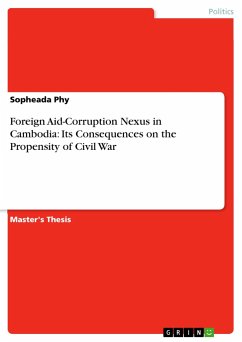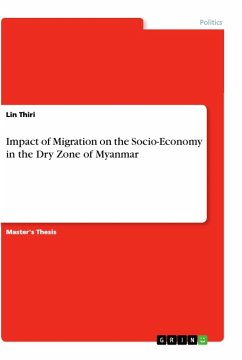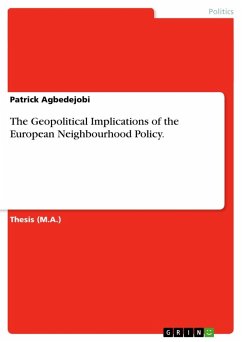Master's Thesis from the year 2012 in the subject Politics - Other International Politics Topics, grade: Very Good, , course: Master's Thesis, language: English, abstract: Decentralization refers to division of multidimensional power between the center and sub national governments. Fiscal decentralization is core component of decentralization that gives an autonomous authority to local governments a revenue and expenditure assignments. Though fiscal decentralization has given revenue raising and spending decision powers to lower levels of government, the implementation process has often been a discouraging task for many local authorities in the developing world. In the case of Ethiopia, decentralization has been implemented since 1991. However, vertical as well as horizontal fiscal imbalance still persists at different layers of government. Therefore the core objective of this paper is to assess the causes and consequences of fiscal imbalance in Tigray, focus on Wukro & Maichew. In order to collect the required data, both primary and secondary sources are used. In addition with this, the research also applies qualitative approach and using case study design. Accordingly, at region level, the region only covers 29% of its total expenditure in the last six years. In line with this, Wukro and Maichew Wereda are among the Weredas in Tigray which faces the problem of fiscal imbalance. While Wukro Wereda covers 14.5% of its total expenditure from internal revenue and Maichew only covers only 11.3% of its expenditure. Poor revenue assignment, huge expenditure responsibility, geographical and topographic characteristics and inadequate capacity building activities to raise revenue in the study areas are the causes of fiscal imbalance in the study areas. Restricting expenditure opportunity, affecting service delivery and causes incomplete plan are the major negative implication of fiscal imbalance in the study areas. Accordingly, extending the revenue authority, identifying prioritized expenditure responsibilities, and consolidating intergovernmental fiscal transfer are among the recommended ways of tackling fiscal imbalance in the study areas.








